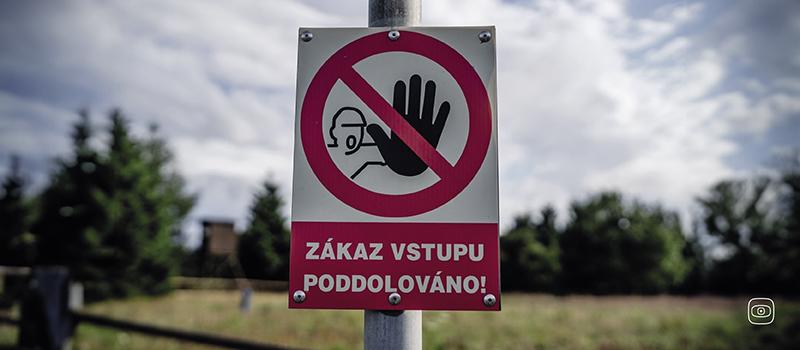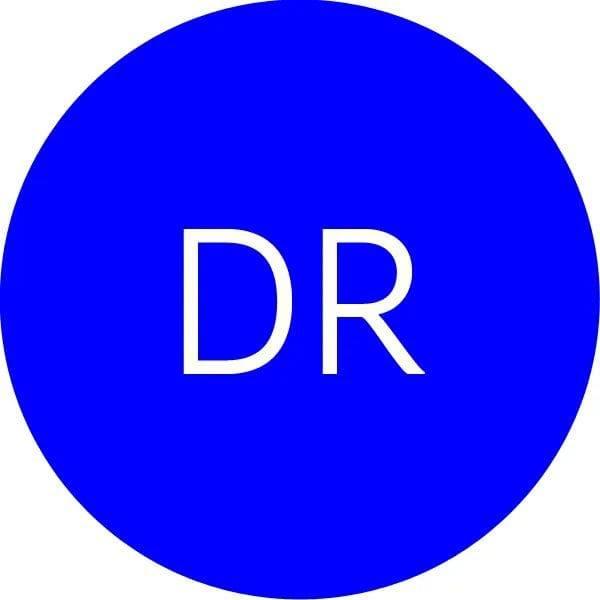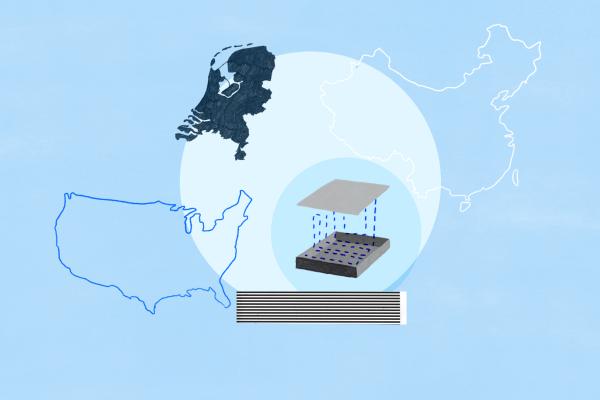This series of investigations highlights the cross-border effects of lithium mining and processing and explores potential solutions for a just and more environmentally sustainable transition. The European transition from fossil fuels depends on critical raw materials, including lithium.
However, the lithium is produced mainly outside of Europe, and the global production chains are too long, which means they are too vulnerable and primarily controlled by European rival China.
In search of secure resources, the European Union introduced new legislation, such as the Critical Raw Materials Act and Clean Industrial Deal, which are aimed at helping to find European resources of critical materials and supporting European industry in processing them. However, the corporate push to mining poses ecological risks, threatens local communities, and blocks alternative ways to prosperity.
This cross-border project investigates links between local stories of mining and processing lithium with a broad European picture. We mix local investigative reporting with offering and describing solutions in several stories, including reportages, analysis, and video and audio formats.
The key question of the series is who will lose and benefit from the lithium rush. Lithium is needed indeed, but how much of it, where, and under what conditions should be mined and processed? According to our findings, the European Union's deregulation strategy, which gives free rein to the mining and battery industry, might lead to serious ecological and social harms.
Moreover, the pressure of European politicians and industries on mining in non-EU countries such as Bosnia or Serbia is turning people against the EU. Seemingly, the plans of miners in the Czech Republic and Portugal, which seek mainly profits at first and let nature and communities suffer the harms of mining, lead to concerns by local communities and the broader public about the green transition as such.
The way out of this trap is through diversification of technologies and reforming the model of how European public institutions organise the transition. Support for alternative battery technologies and public transport can decrease the need for lithium for personal electric vehicles. Using brownfields instead of green fields for battery and recycling plants, similar to closing the production chains into more circular models, could decrease the need for lithium. Besides that, the states and the European Union should, instead of deregulation, combine the large public investments into the infrastructure and green industry with overseeing the projects' impacts on communities and ecosystems.
On the right: Lithium mining locality at Cínovec, near the Czech-German border. Photograph by Andrea Špak.












